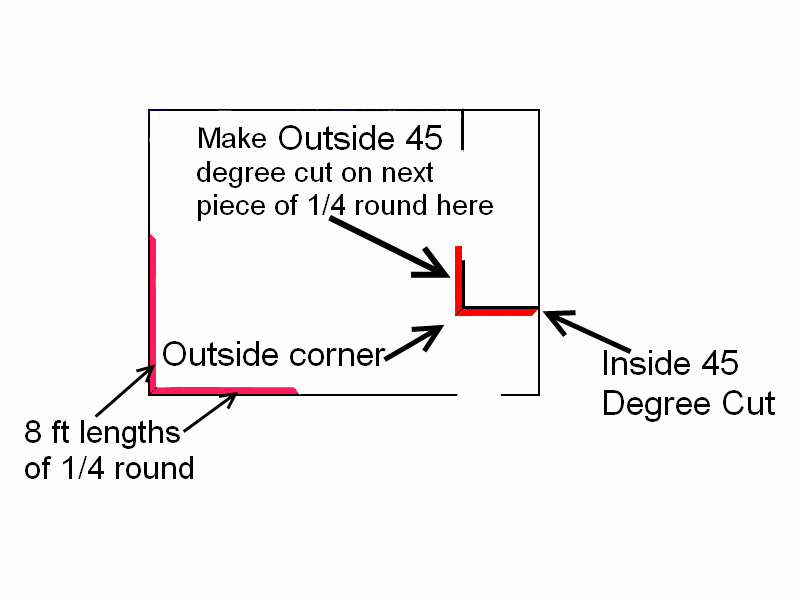

Mixed Open Letters Review The basic realities of blood - that it’s pumped by the heart, that it circulates throughout the body, that it carries nutrients vital to life - occupy a strange duality in the lore of human knowledge.For millennia, the basics of volume, production, and all of that pumping were known with intimate familiarity by every marketplace butcher, midwife, and battlefield soldier on the planet.And yet the actual mechanics that every school child and casual amateur knows today (a moviegoer ignorant of biology will instantly know if a bloody wound on-screen “looks real”) were mysteries to those front-line witnesses and to bookish theorizers alike.The story of that slow, piecemeal discovery is the subject of Dhun Sethna’s new book, The Wine-Dark Sea Within.Sethna, an academic cardiologist and contributor to a widely-used cardiology textbook, here takes readers on a brief and necessarily fast-paced tour of how humans learned about the fuel that makes their lives possible.But although other figures abound, the book’s real hero is William Harvey, the caustic, brilliant 17th-century English physician who was the great pioneer of understanding blood and the circulation of blood.Sethna’s portrait of Harvey is quick and frustratingly glib, and although he goes into greater detail as he brings the story down closer to the present day, the glibness sticks around at the same shrill radio-in-the-barber-shop volume.Some of those readers will doubtless opt out of The Wine-Dark Sea Within and drop it in favor of, for instance, Five Quarts by Bill Hayes.The ones who stick around will get some of the benefits of Sethna’s medical expertise, but they’ll have to hack their way through quite a bit of frothing exuberance to get to it. In the end, for all its surface-level attention to a downtrodden woman married to a brutish man, A Woman’s Battles and Transformations will prompt readers to ask the same question they’ve asked after each of this author’s books: will Édouard Louis ever write a book that isn’t about the sad fact that some people teased him when he was fifteen? Surely the French have a phrase for \'Don’t hold your breath\'? likewise familiar is the lazy, shorthand-jotted prose. The consistent attempt here is to inhabit the interior experiences of our author’s mother, but Louis, bless his truant heart, doesn’t try very hard. The element Louis adds to that mundane experience is a kind of grim Gallic swampishness, the implication – entirely incorrect – that a universe of profundity can be squeezed out of any old madeleine. If you’ve ever endured the tedium of being slowly, methodically toured through the minutiae of somebody else’s family photo album, you’ll have some sense of what it’s like to read A Woman’s Battles and Transformations (horrifyingly, the book even includes blurry black-and-white family photos).

No, it’s the author’s original French that rolls half-upright on its afternoon couch, looks around, and blandly waits to be applauded for at least seeming to be semi-conscious. And once again, the fault cannot be laid at the feet of the translator Tash Aw has done everything human ingenuity can do to flush some life into these dead-lily pages. preserves both the original’s leaden, portentous title and, as an added bonus for the $20 asking price, every other word in this limp and boring bit of memoir is likewise leaden and portentous. There’s an undeniable fascination to reading the daily goings-on of these passionate, brilliant people, especially when their outsized personalities are so wonderfully captured. She’s also interesting, if a touch less convincing, on the seminal impact of all that Jena squabbling on the course of Western thought.

Wulf is succinct and interesting on the various forces that crafted the moment she’s brought to life. In fact, the larger narrative of Magnificent Rebels is downright terrific, every bit as thoroughly researched as The Invention of Nature but even livelier and more evocative in its human details. Rave Open Letters Review Fortunately, her good sense saves her in these pages, she sticks Goethe (who only visited Jena, after all, but never actually signed a lease in town) firmly in the midst of a big cast - and because no other member of that cast is as obdurately monumental as Goethe (the only one who comes close is the poet Novalis), the larger narrative of Magnificent Rebels is saved.


 0 kommentar(er)
0 kommentar(er)
